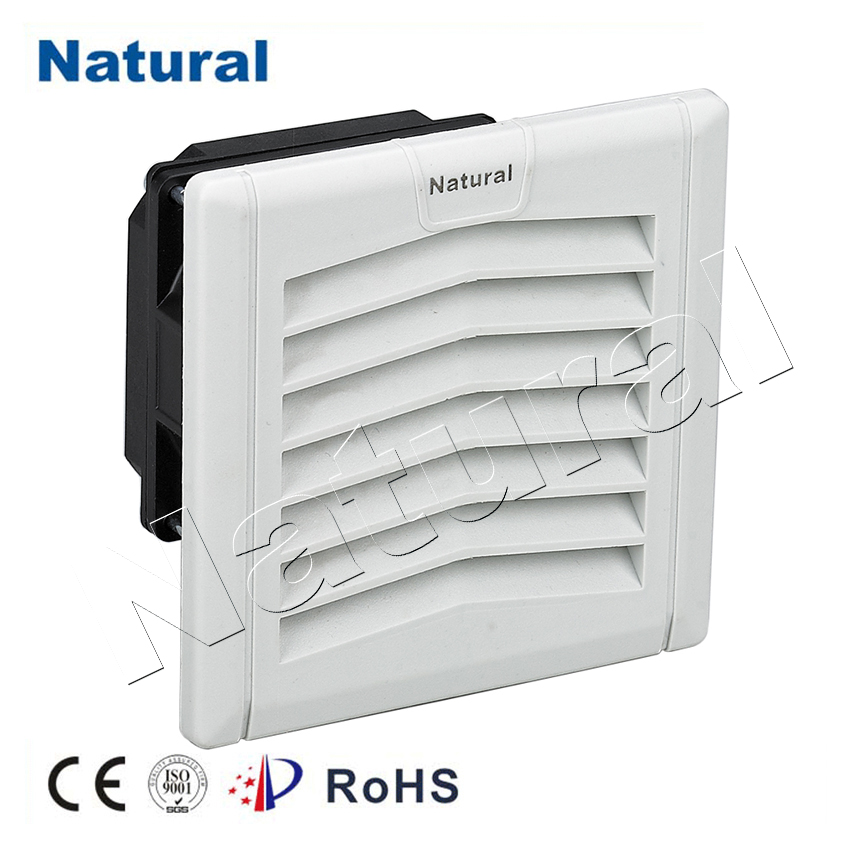In today’s rapidly industrializing world, ensuring the quality of indoor air has become a critical concern. With the proliferation of pollutants and contaminants from various sources, ranging from factories to vehicles, the need for effective air filtration solutions is more pressing than ever. Industrial air filters have emerged as an indispensable tool in maintaining a healthy indoor environment. In this article, we delve into the significance of industrial air filters and their role in improving indoor air quality.

The Importance of Indoor Air Quality Indoor air quality directly impacts human health and well-being. Poor air quality can lead to a range of health issues, including allergies, respiratory problems, and even more severe conditions like asthma. Additionally, subpar indoor air quality can adversely affect productivity, cognitive function, and overall comfort. With the majority of people spending a significant portion of their lives indoors, the quality of the air they breathe is of utmost importance. Understanding Industrial Air Filters Industrial air filters are advanced filtration systems designed to remove particulate matter and pollutants from the air. They operate using various mechanisms, such as mechanical filtration, electrostatic attraction, and chemical reactions. These filters are engineered to capture particles of different sizes, including dust, pollen, mold spores, bacteria, and even volatile organic compounds (VOCs). They are capable of targeting both solid particles and gaseous contaminants, making them versatile solutions for a wide range of indoor environments. Enhancing Indoor Air Quality Industrial air filters offer several benefits that contribute to enhancing indoor air quality: Particle Removal:One of the primary functions of industrial air filters is to remove particles suspended in the air. These particles, if left unchecked, can lead to respiratory issues and other health problems. By effectively capturing these particles, industrial air filters significantly reduce the risk of exposure. Allergen Control:Pollen, dust mites, pet dander, and other allergens can trigger allergic reactions in sensitive individuals. Industrial air filters can remove these allergens from the air, providing relief to those prone to allergies. Pathogen Elimination:Airborne pathogens, such as bacteria and viruses, can spread illnesses within indoor spaces. Industrial air filters equipped with advanced filtration technologies can help trap and neutralize these pathogens, reducing the chances of infection transmission. Odor and VOC Reduction:Some industrial filters are designed to absorb odors and VOCs, which can originate from cleaning products, paints, and other sources. This feature contributes to a fresher and healthier indoor environment. Selecting the Right Industrial Air Filter Choosing the appropriate industrial air filter for a specific environment requires consideration of various factors, including the size of the area, the types of contaminants present, and the desired level of filtration efficiency. Different types of filters, such as HEPA (High-Efficiency Particulate Air), activated carbon, and electrostatic filters, offer varying degrees of particle capture and purification capabilities. Maintenance and Replacement To ensure the continued effectiveness of industrial air filters, regular maintenance and timely replacement are essential. Filters can become clogged over time, reducing their efficiency and potentially causing strain on ventilation systems. Following manufacturer recommendations for maintenance schedules and replacement intervals is crucial. Conclusion Industrial air filters play a vital role in safeguarding indoor air quality, promoting health, and creating comfortable living and working environments. With their ability to capture particles, allergens, pathogens, and odors, these filters are a cornerstone of modern indoor air quality management. By selecting the right filter and implementing proper maintenance practices, individuals and businesses can enjoy cleaner and healthier indoor spaces, fostering well-being and productivity.